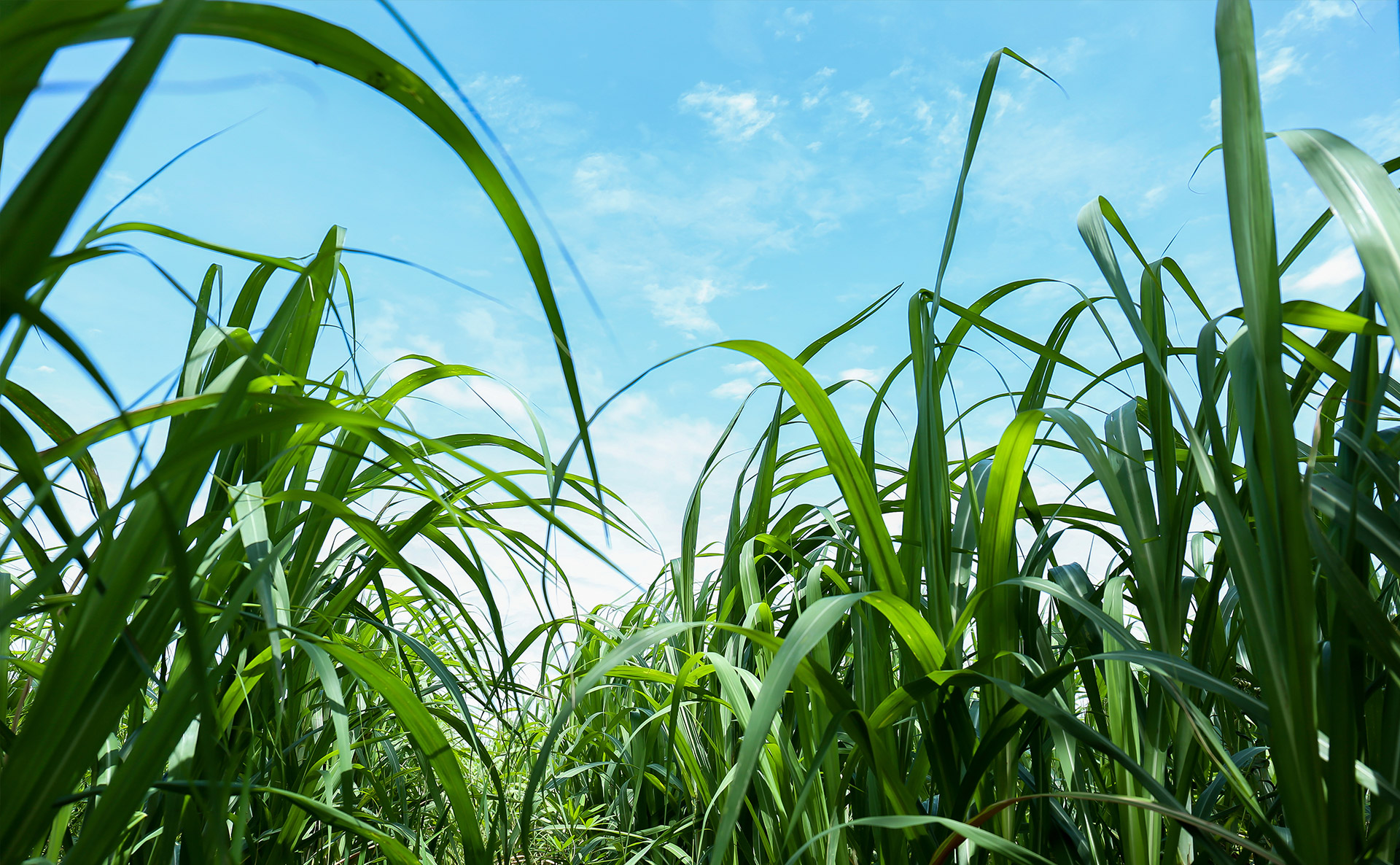Founded in 1994 in Letsitele in Limpopo province, Du Roi Laboratory specialises in the production and distribution of elite selections and disease free tissue culture plants, with a particular focus on the banana and sugarcane industries.
Tissue culture involves the rapid multiplication of plant selections, offering the benefit of converting or expanding plantations quickly and efficiently and providing superior selections of plants which are free from disease. Du Roi Laboratory is equipped with a range of facilities to help it achieve such feats, including fully automated weaning facilities and onsite nurseries to harden plants for local markets. Du Roi’s principal focus is on sugarcane and banana plants, of which it is positioned to supply between six and eight million tonnes each year. The tissue culture means that not only is this disease-free, but it also allows elite selections which produce higher yields and which in turn grow more vigorously than their traditional counterparts.
Du Roi’s was the first tissue culture laboratory in Africa to be ISO accredited for banana production, which is just one reason for its current position at the forefront of the market. “We have a great track record,” the company says. “It’s a proven quality product, which is why people keep coming back to us. We have our own unique selections which have been evaluated by Dr John Robinson, a world-renowned banana specialist and horticulturalist, and those selections have proven themselves to have a higher yield than the traditional equivalents. We have committed to investing in procedures that no other laboratory in the world follows. For example, each plant that is initiated into our lab is virus indexed, so we can guarantee that it is completely virus-free.”
All of Du Roi Laboratory’s banana plants are sourced from the foundation block that was established and evaluated alongside the expertise of Dr Robinson. These plants are all stringently recorded by number to permit complete traceability, all the way from foundation block through to grower, with varieties selected for their vigorous growth, high commercial yield potential, plant stability and uniformity. In addition, eachmeristem, which is the tissue found in zones of the plant where growth can take place,is virus indexed for all known banana viruses before multiplication. It has established a reputation for true to type, high quality plants with low off-type percentages, which is maintained through selection and meticulous tissue culture techniques.
Du Roi supplies its banana plant varieties in three principal forms. The in-vitro variant, firstly, provides an efficientand cost effective method of exporting plants, while its in-vivo plants, of five centimetres, are suitable for export and, in contrast to the in-vivo products, can be easily grown by local growers who do not have weaning facilities, although a nursery is still needed in order to harden off plants for field planting. The final plant of the trio are those which are field-ready. These plants measure 20 centimetres, and are ready to be planted into the field immediately. Their field-ready state makes them suitable only for transport by road, and not for air freight.
The second principal arm of its business is Du Roi’s involvement in the sugarcane market. Among the many benefits of the Laboratory’s NovaCane Sugarcaneis its ability to supply plans that are both pest and disease free, without requiring the often costly variable heat treatment. True-to-type elite selections of high quality plants are used exclusively, which leads to vastly increased sugarcane production. Du Roi’s methods also signify that new varieties can be multiplied and released very quickly, and thus high quality material is available throughout the year. The smaller size of these plantlets, meanwhile, makes their transportation exponentially easier and more cost effective, while the plantlets, ready for field planting upon receipt by thefarm, have been proven to give an augmented 1:15 seed multiplication.
Du Roi’s sugarcane arm also influences the development of bioenergy technology, as it supplies the plants for the 10,000 hectare Makeni sugarcane estate, a project seeking to produce some 85,000m3of ethanol per annum. “If we just look at the energy crisis currently being seen in South Africa, we are certainly looking to support any projects geared toward using bioenergy to produce ethanol,” the company explains. “With tissue culture we are able to provide field-ready plants, to be sown as soon as they land. We can certify too that these are virus and disease free, guaranteeing the increased yields.”

